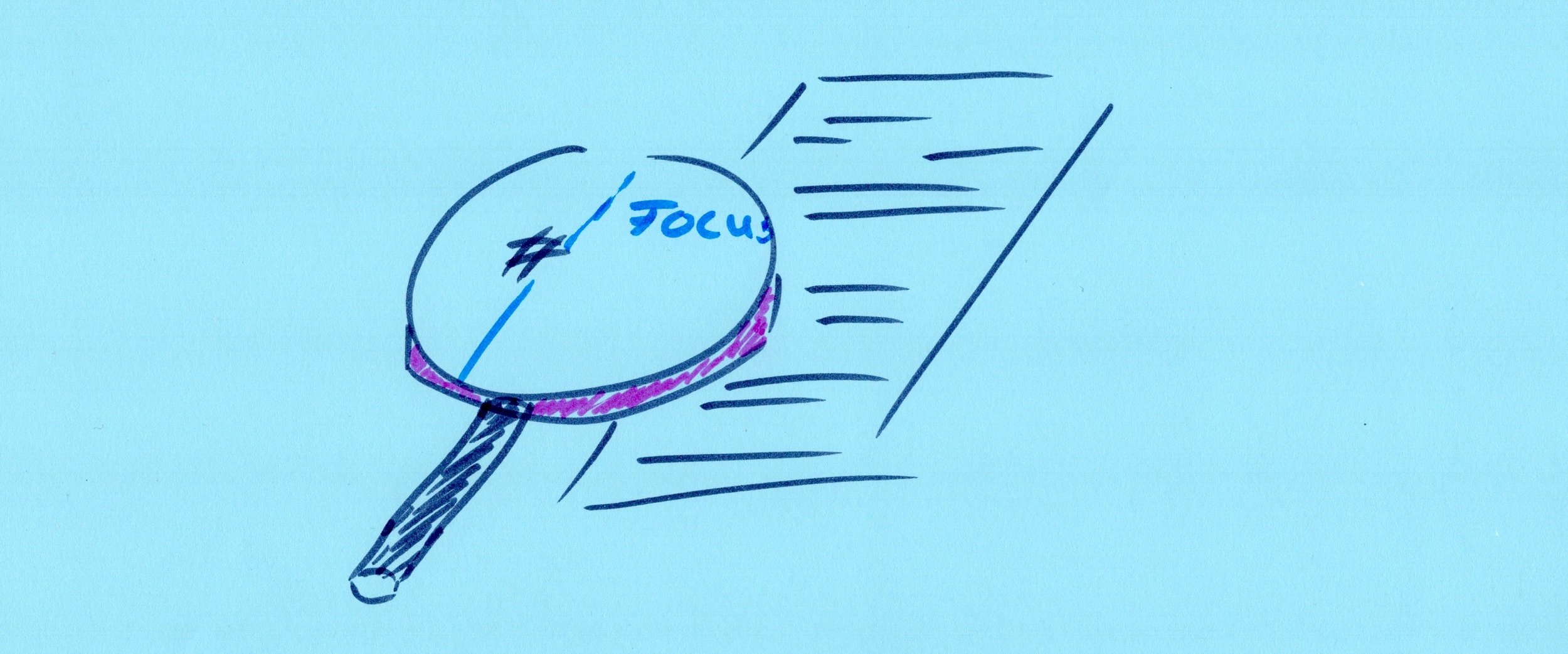


The 8 hard things about entrepreneurship.
The 8 hard things about entrepreneurship. See them coming and learn how to deal with these.

Splitting the pot
How to divide among the team in a way that's fair and motivating?
Say you start a partnership with 1 or 2 other freelancers. How do you split the pot?

How to know if you should give your business idea a go?
Do you sometimes have an idea for a business in your head? Sometimes, it's a small and amusing inkling. Sometimes, it's something you're serious about?
But how to know whether or not you should give it a go? Is the idea any good? Will you be passionate about it? Do you have what it takes to get it off the ground?
Since the world is complex, you can't see the finish line or simulate all the steps. You need to learn through action!
Here I write about how to figure it out!

Two types of entrepreneurship: The Freelancer and the Entrepreneur
What type of entrepreneurship are you in?
Entrepreneurship is a big term. A bit too big. Knowledge or advice about entrepreneurship is inherently only applicable to some of it.
By breaking it up into the two main and very distinct types, it helps you see more clearly what the right strategy and path for growth is. And to know what not to do.
So, which one are you? Are you a "Freelancer" or an "Entrepreneur"?

How to productise your service
How to grow when your time is filled up and still deliver more value, with less frustration and becoming more trustworthy.

I run into resistance when trying to commit to a niche. Here’s a letter I wrote to myself for support.
I find choosing and committing difficult. I know why it's important, but I keep coming up with counter-argument and excuses. I wrote a letter to myself for mental support. Hope it helps you too.

The 10 reasons why you should define your niche, especially when you're just starting out.
Defining a niche, focusing your work on specific people, picking specific goals. It all keeps coming back when I listen to successful entrepreneurs.
Now, I don't particularly like focusing. I like flexibility, options, variety. But even I have come to believe it good for you business and growth.
Here are the 10 reasons why you should define your niche, especially when you're just starting out.
Funny thing, I already wrote about the why. But when writing about the how, I realised I had more to say.

Know your work. Translating success to your main focus. (Metrics part 2)
In the last post, I focused on the importance of creating a metric that allows you to track whether or not your work is having the desired effect.
Even more powerful is being able to track whether or not you've done the work necessary to reach that effect.
It's difficult to make that translation. That's part of your experience as an entrepreneur. But it allows you to do some nifty things. Check it out.

What's your metric for success? (Metrics part 1)
At its core, entrepreneurship is doing things you like doing and can do, for people who like it and benefit from it. The game is to do that, ánd charge for it so you can do it again.
So how much revenue do you want to generate? And how does that translate to a number you can track so that you know you're on the right track?

Why you need to focus. The benefits of not being for everyone.
Everywhere I go, focus seems to be important. But if you're anything like me, you resist focus. Because it means that you don't get to do the other things. "There are so many exciting options." "Won't I miss out if I focus and cut off options?"
So, in this piece, I'll explain why I (have come to) believe focus actually helps me. And I share the mental loops my brain jumps through to convince me otherwise.

Focusing on the slow and boring is actually faster and exciting.
Are the things that demand the most of your attention and focus really what drive the most value to your life, work and happiness?
The fast and unimportant ones have a tendency of grabbing all the attention. While really, the power resides with the slow boring stuff.

How to answer "What do you do" when you don't really know?
“How is it going”, you ask. “Great!”, “Couldn’t be better”, “Crushing it”, he says. “And what are you doing now? How is it going?”.
Pff, the pressure to be crushing it too...
So, what do you do when everything could be better? When all you want to answer is “I’ve got no f*cking clue!!!”.
Of course, there's no shame in that and please feel like you can. But wouldn’t it be great to have a way to answer the questions with confidence even when you feel completely incompetent?

Talent is overrated. The name of the game is practice.
The craft of the top performer isn’t perfect because of their talent. It’s perfected by the endless hours of practice they put in. And so can you.
